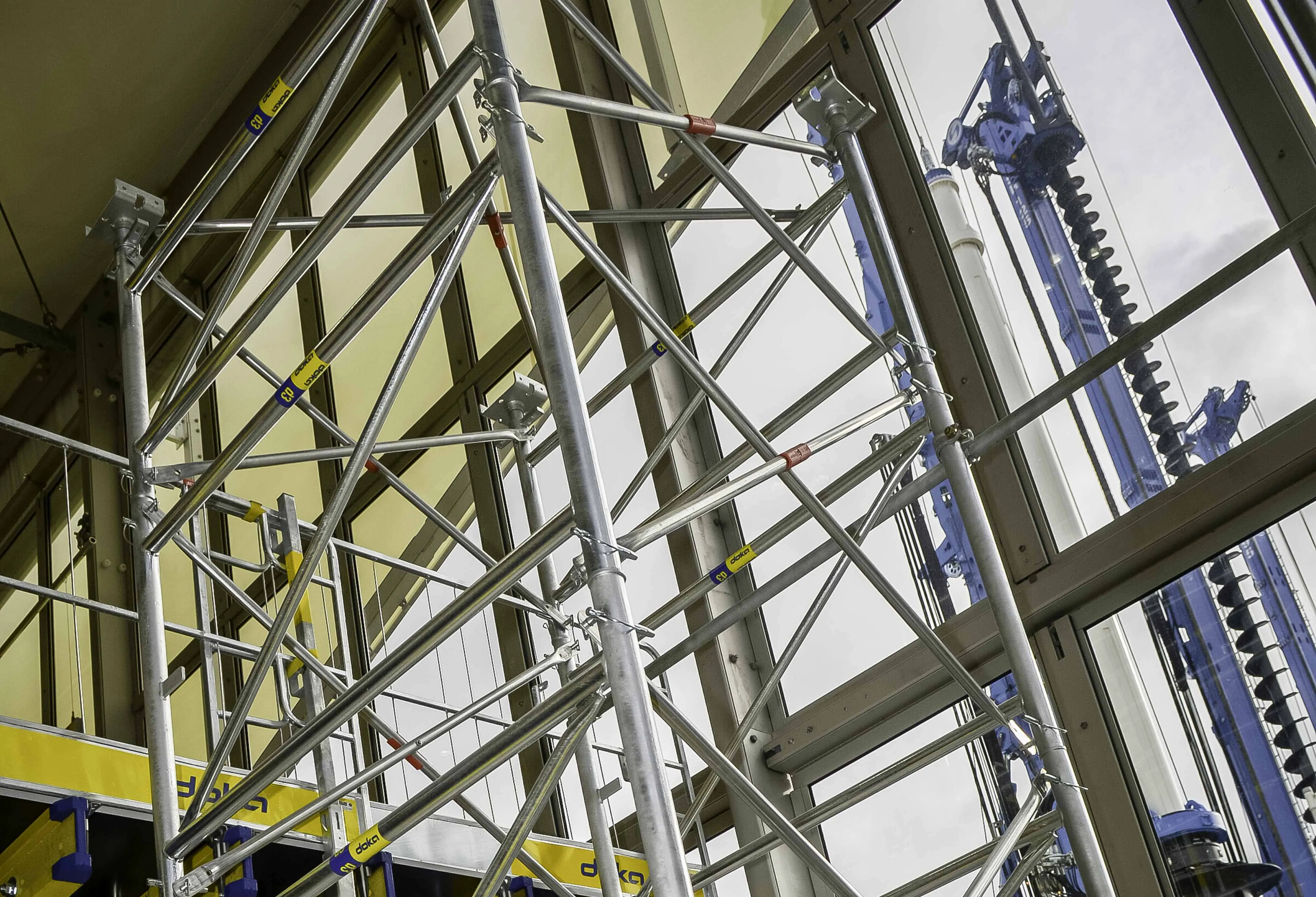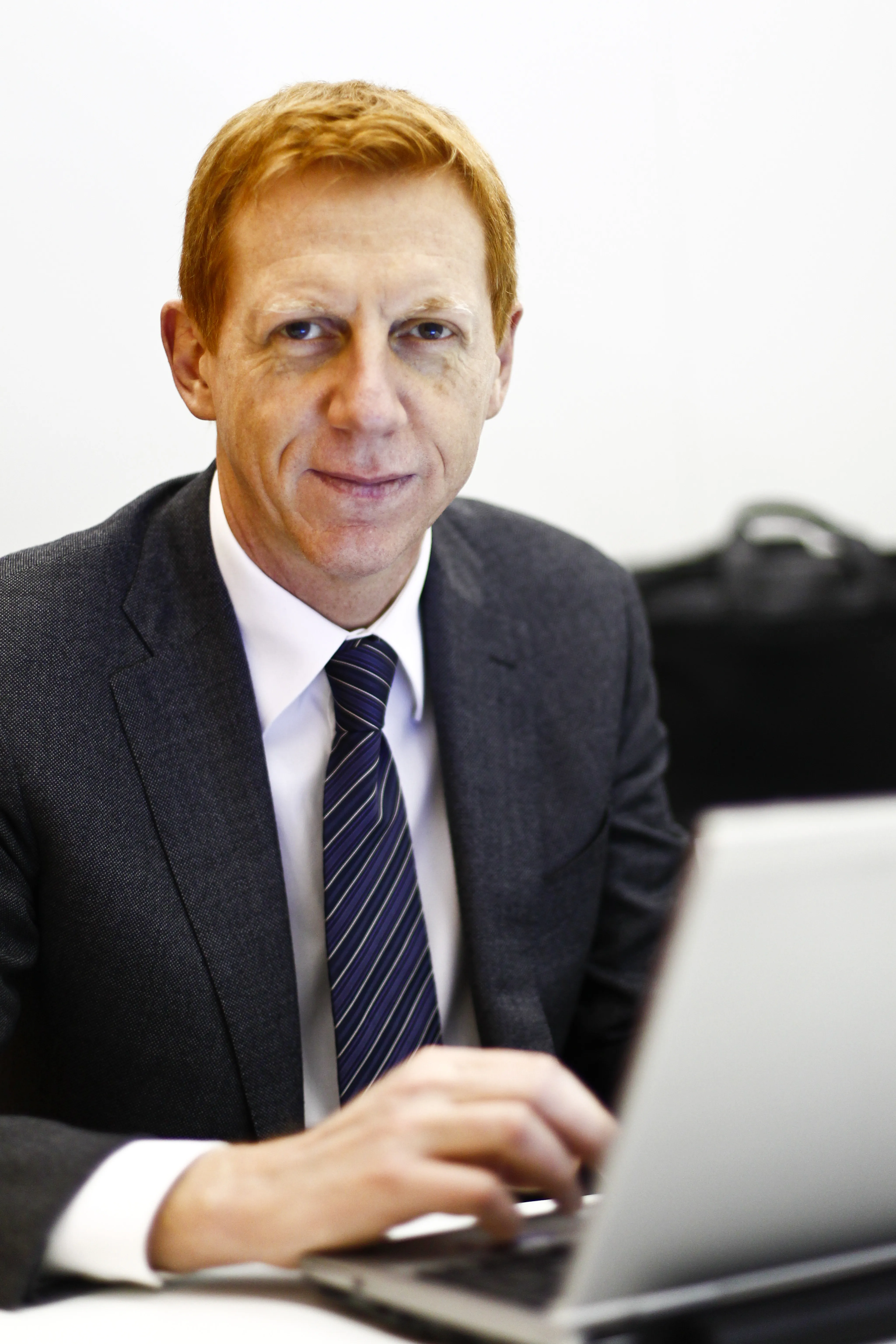The VDMA has given an optimistic 2014 performance forecast for the German construction equipment and building material machinery industry.
Compared to the previous year, industry turnover declined slightly in 2013 by 6% to €11.7 billion. But incoming orders for construction equipment are said by the VDMA to have risen by 7% in 2013, compared to 2012. The VDMA predicts a 5% turnover rise in 2014, compared to the previous 12 months.
“We can look back on a satisfactory business year overall; given all the
February 21, 2014
Read time: 4 mins
The 1331 VDMA has given an optimistic 2014 performance forecast for the German construction equipment and building material machinery industry.
Compared to the previous year, industry turnover declined slightly in 2013 by 6% to €11.7 billion. But incoming orders for construction equipment are said by the VDMA to have risen by 7% in 2013, compared to 2012. The VDMA predicts a 5% turnover rise in 2014, compared to the previous 12 months.
“We can look back on a satisfactory business year overall; given all the heterogeneity of our sector”, said Johann Sailer, chairman of the VDMA’s1188 Construction Equipment and Building Material Machinery Association, while analysing the result of the VDMA economic survey at the association’s executive board meeting in Frankfurt.
Despite a continual improvement in the course of the year, the German construction equipment industry still had to contend with a moderate sales decline of 3% to €7.7 billion. By contrast, building materials machinery sector turnover declined by a notable 13% to €4 billion, compared to 2013.
The VDMA reports that given the “splendid situation” in the domestic construction industry, the German market painted a surprisingly weak picture for construction equipment manufacturers, with the exception of civil and structural engineering machines. In Europe, France and Switzerland as well as Scandinavia showed impressive demand for German construction equipment. The Middle East and North America were other good sales markets for construction equipment manufacturers. However, the BRIC nations, as well as South Africa and Indonesia, saw weaker construction equipment demand. In 2014, the VDMA says that German manufacturers expect an improvement in sales to BRIC nations. The same business improvement forecast applies for the whole European market, given that the Southern Europe economic recession is now showing signs of bottoming out.
As far as the building material machinery manufacturers are concerned, the VDMA says it is Russia, the Middle East and the countries of Southeast Asia where business is currently going well. But this is not sufficient at the moment to compensate for the declines in other regions. In this connection there is a halt to investment for sectors with excess capacities, which also include the cement industry. In several countries projects have been put on hold also due to the worsening in the exchange rate, because, the VDMA says, they are simply becoming too expensive for local investors. “Nevertheless, in 2013 some really good orders were also received”, said Sailer. However, due to the longer processing times compared to standard machines, they will not make an impression in terms of sales until later during this year.
The VDMA says that a topic of constant worry for the construction equipment manufacturers is the implementation of the EU emissions directive. In some companies this issue is said to have tied up R&D capacities by almost 100%. As a result, innovations in other sectors have fallen by the wayside. A further challenge is the recent diversity of the products offered per manufacturer. “There is currently a product renewal process like never before”, Sailer pointed out. Because various transitional periods are also used in different ways by the manufacturers, the market is responding correspondingly. For the customers the new machines produced at extremely high development costs did not automatically mean greater benefit or product improvement. To that extent, it was difficult, said Sailer, to convince them to pay a higher price for the machines.
Sailer said that in the wake of the thaw in the political climate towards Iran, the German construction equipment and building material machines industry would like to show more commitment again to the country, which he called a giant - and prior to the embargo - very good market for German companies. “We know about the good reputation, which our machinery and plant enjoy there”, said Sailer. “The customers are there, the demand is there and also the desire and will of the German industry to deliver. The problem is the banks. Currently it is simply not possible to get any capital investment”.
Through the VDMA, the German construction equipment and building material machinery industry is calling on the new German federal government to once again earmark the revenue from truck and potential private vehicle toll charges for the development and renewal of the infrastructure. “Beyond that we need greater reliability in energy policy”, said Sailer. “Particularly with regards to the wind and maritime energy theme, an area where many building machinery manufacturers are also involved and investing new technology, clear decisions by the legislators and continuity are absolutely indispensable.”
Compared to the previous year, industry turnover declined slightly in 2013 by 6% to €11.7 billion. But incoming orders for construction equipment are said by the VDMA to have risen by 7% in 2013, compared to 2012. The VDMA predicts a 5% turnover rise in 2014, compared to the previous 12 months.
“We can look back on a satisfactory business year overall; given all the heterogeneity of our sector”, said Johann Sailer, chairman of the VDMA’s
Despite a continual improvement in the course of the year, the German construction equipment industry still had to contend with a moderate sales decline of 3% to €7.7 billion. By contrast, building materials machinery sector turnover declined by a notable 13% to €4 billion, compared to 2013.
The VDMA reports that given the “splendid situation” in the domestic construction industry, the German market painted a surprisingly weak picture for construction equipment manufacturers, with the exception of civil and structural engineering machines. In Europe, France and Switzerland as well as Scandinavia showed impressive demand for German construction equipment. The Middle East and North America were other good sales markets for construction equipment manufacturers. However, the BRIC nations, as well as South Africa and Indonesia, saw weaker construction equipment demand. In 2014, the VDMA says that German manufacturers expect an improvement in sales to BRIC nations. The same business improvement forecast applies for the whole European market, given that the Southern Europe economic recession is now showing signs of bottoming out.
As far as the building material machinery manufacturers are concerned, the VDMA says it is Russia, the Middle East and the countries of Southeast Asia where business is currently going well. But this is not sufficient at the moment to compensate for the declines in other regions. In this connection there is a halt to investment for sectors with excess capacities, which also include the cement industry. In several countries projects have been put on hold also due to the worsening in the exchange rate, because, the VDMA says, they are simply becoming too expensive for local investors. “Nevertheless, in 2013 some really good orders were also received”, said Sailer. However, due to the longer processing times compared to standard machines, they will not make an impression in terms of sales until later during this year.
The VDMA says that a topic of constant worry for the construction equipment manufacturers is the implementation of the EU emissions directive. In some companies this issue is said to have tied up R&D capacities by almost 100%. As a result, innovations in other sectors have fallen by the wayside. A further challenge is the recent diversity of the products offered per manufacturer. “There is currently a product renewal process like never before”, Sailer pointed out. Because various transitional periods are also used in different ways by the manufacturers, the market is responding correspondingly. For the customers the new machines produced at extremely high development costs did not automatically mean greater benefit or product improvement. To that extent, it was difficult, said Sailer, to convince them to pay a higher price for the machines.
Sailer said that in the wake of the thaw in the political climate towards Iran, the German construction equipment and building material machines industry would like to show more commitment again to the country, which he called a giant - and prior to the embargo - very good market for German companies. “We know about the good reputation, which our machinery and plant enjoy there”, said Sailer. “The customers are there, the demand is there and also the desire and will of the German industry to deliver. The problem is the banks. Currently it is simply not possible to get any capital investment”.
Through the VDMA, the German construction equipment and building material machinery industry is calling on the new German federal government to once again earmark the revenue from truck and potential private vehicle toll charges for the development and renewal of the infrastructure. “Beyond that we need greater reliability in energy policy”, said Sailer. “Particularly with regards to the wind and maritime energy theme, an area where many building machinery manufacturers are also involved and investing new technology, clear decisions by the legislators and continuity are absolutely indispensable.”







